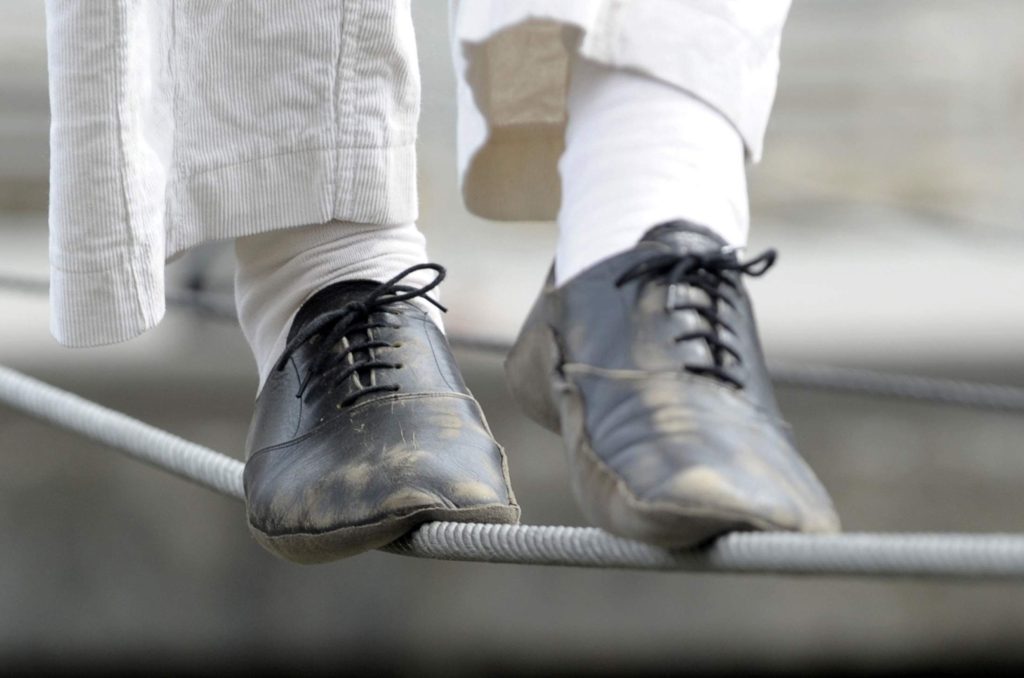In the summer of 1988, I was 20-years-old. had two years of college under my belt, and sneaked out of my parents’ house for the first time.
The overstuffed car had 4-60 air conditioning — four windows down, traveling at 60 miles per hour. From the radio and years before a Rick-rolled meme, Astley pledged he was “never gonna give us up.”
Laughter shot around like a pinball, lighting up faces in the darkness, and no one wanted to let it to fall through the flippers.
Earlier that day, thinking how I was now a college woman and all, I informed my mother I’d be heading off to watch a movie. Unfortunately, I also arrogantly named the film: Good Morning, Vietnam.
Only two subjects of discussion were prohibited in my parents’ home — war generally and Vietnam specifically. Both reminded us too much of my brother, Jimmy Lee, who died in Vietnam in 1970.
I did feel badly for the blatant overstep, but not enough to stay at home.
The laughter from our drive didn’t cease as we parked and sauntered inside. When the opening scenes rolled, fellow patrons shushed us. We rolled our eyes in response. What was their problem? This was a Robin Williams film and we were primed for hilarity.
While there were moments — “The Pope decided today to release Vatican-related bath products. An incredible thing, yes, it’s the new Pope On A Rope. That’s right. Pope On A Rope. Wash with it, go straight to heaven.” — the film did not live up to our jovial expectations. We wanted Mork from Ork. Would have settled for Jack Dundee. Had no earthly idea what to do with Adrian Cronauer.

The yin and yang of life, part laughter and part tears, is a delicate balancing act few master.
Although later experiences would initiate me to this concept, at 20, I still comfortably wore rose-colored glasses.
That night, as I searched in vain for a laugh track, the lenses cracked.
My entire life I’d known Jimmy died in Vietnam, but the film (my first war-related flick) and this new not-just-a-funny-guy Williams made me realize how small and sterile the word “died” is.
Jimmy didn’t just die in Vietnam, he was blown apart while leading his platoon across a field of land mines. He had the duty because he was slowed, still recovering from earlier battle injuries. In a word, “expendable.”
The ride home that summer night in 1988 was subdued, all of us coming to terms with fresh understanding and heroes lost. We didn’t know that far too soon two of the six passengers in the car would be gone. One lost a battle with physical disease and the second, like Williams, couldn’t stay balanced on life’s tightrope and took her own life.
While all absences produce shock waves to be maneuvered by those left behind, unexpected departures are exceptionally tempestuous.
Then, like now, we clung to our own fragile ropes, waiting for the ripples to ease while demanding answers that no longer existed, if they ever did.
We took stock, plotted new paths and swore above all else that next time we would notice … something.
Despite being unable to comprehend, we stretched out our arms and chose to take another step forward.
This column by Lynda Waddington originally published in The Gazette on Aug. 16, 2014. Photo credit: Laurent Dubrule/Reuters
